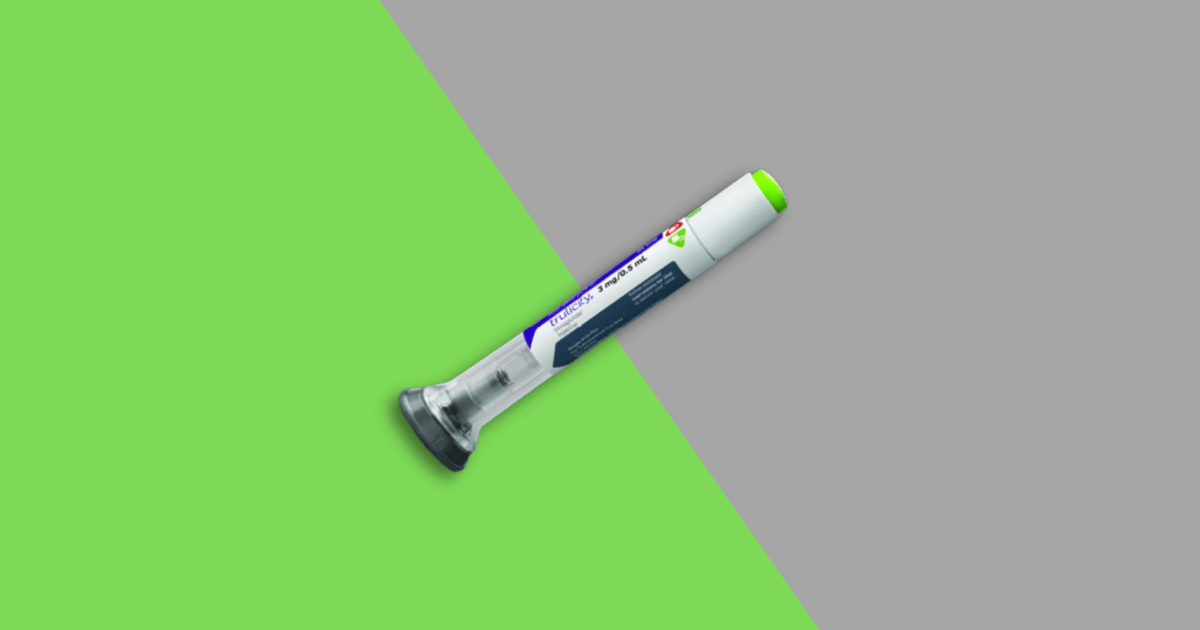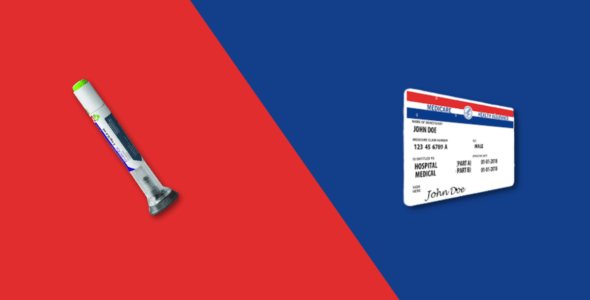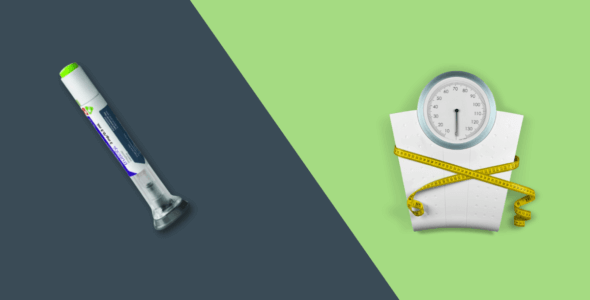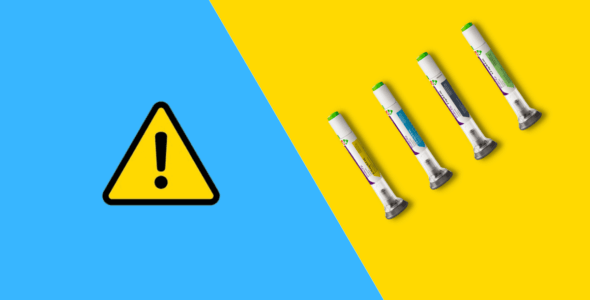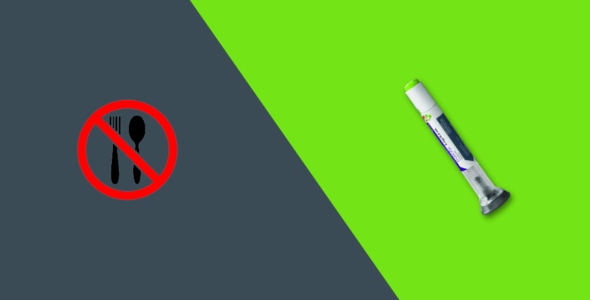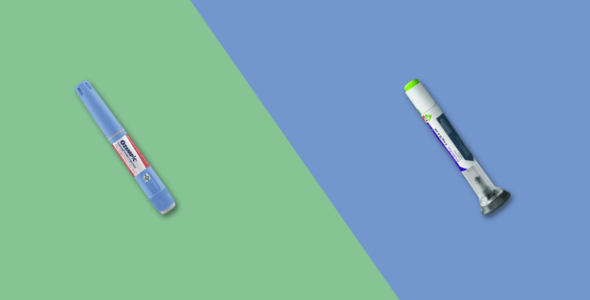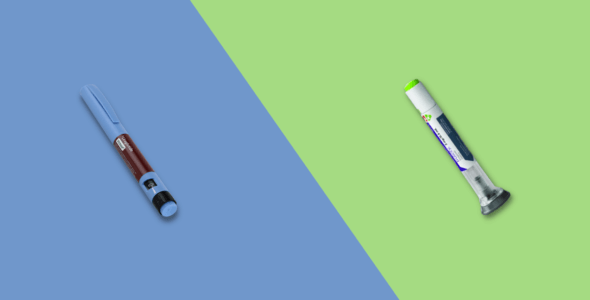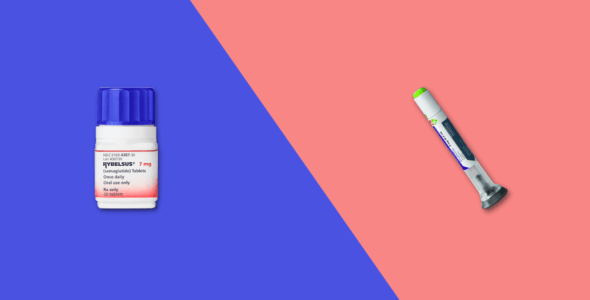How long does Trulicity stay in your system?
Table of contents
- What is Trulicity?
- What is Trulicity used for?
- How does Trulicity work?
- What is the recommended dosage of Trulicity?
- How should you take Trulicity?
- How long does it take for Trulicity to work?
- How long does Trulicity stay in your system?
- When should you stop taking Trulicity?
- What happens if you stop using Trulicity?
- How long does it take for the effects of Trulicity to wear off?
- Can you take Trulicity every other week?
- Do you regain weight after stopping Trulicity?
- What does Trulicity do to your body?
- What are the side effects of Trulicity?
- How long do Trulicity side effects last?
- What are the risks of long-term use of Trulicity?
Type 2 diabetes mellitus affects over 6% of the population, causing people suffering from this condition to be more susceptible to other health risk factors such as kidney and heart disease.
Trulicity is a relatively new treatment for diabetes. In this article, we will answer questions commonly asked about Trulicity, such as what is Trulicity, how does Trulicity work, how long will Trulicity stay in your system, what are Trulicity’s long-term effects and side effects, and other useful information to know when using Trulicity.
What is Trulicity?
Trulicity is the brand name for an FDA-approved diabetes medication manufactured by Eli Lilly and Company. It is used with diet and exercise to lower blood sugar levels in adults with type 2 diabetes. Trulicity contains dulaglutide as the active ingredient and belongs to a class of drugs known as GLP-1 receptor agonists (glucagon-like peptide 1).
What is Trulicity used for?
Trulicity is used in adults who have type 2 diabetes to:
- Reduce high blood sugar levels, when used alongside exercise and diet changes
- Reduce the risk of serious cardiovascular events, like strokes or heart attacks, in people with heart disease, or reduce the risk factors for heart problems. Examples of risk factors for an increased risk of cardiovascular disease include high cholesterol, being elderly, having high blood pressure, and smoking
Trulicity is not approved by the FDA for the treatment of type 1 diabetes, weight loss. Currently, the only GLP-1 agonists approved for weight loss are Wegovy (semaglutide) and Saxenda (liraglutide).
RELATED: What is Trulicity
How does Trulicity work?
If you have type 2 diabetes, you may not produce enough insulin, or you may even become resistant to insulin. If this happens, you will absorb less sugar from your blood, resulting in your blood glucose levels remaining too high.
The active ingredient dulaglutide in Trulicity is classed as a GLP-1 receptor agonist (glucagon-like peptide 1), which can lower your A1C levels. It is absorbed into your digestive system where it has two effects. It binds with areas on some of your cells called GLP1R receptors, This encourages your pancreas to make more insulin and allows other cells in your body to more effectively remove sugar from your blood. At the same time, dulaglutide also reduces how much sugar your pancreas secretes into your blood. The combination of these two processes can reduce your blood sugar levels.
What is the recommended dosage of Trulicity?
Trulicity is available in injection form, in the following doses: 0.75 mg/0.5 mL solution in a single-dose prefilled Trulicity pen, and 1.5 mg/0.5 mL solution in a single-dose prefilled Trulicity pen.
RELATED: Trulicity Dosage
How should you take Trulicity?
Use Trulicity as a subcutaneous injection in the abdomen, thigh, or upper arm as a weekly dose at any time of the day. Initiate treatment with Trulicity at 0.75 mg once weekly. Your dose of Trulicity can be increased to 1.5 mg once weekly for additional glycemic control.
If you miss a dose it should be taken as soon as you remember. If less than 3 days (72 hours) remain before your next scheduled dose, skip the missed dose and take your next dose on the regular scheduled day.
Your healthcare provider may prescribe Trulicity in combination with other diabetes medications such as metformin and empagliflozin. Please see the full drug information and always speak with a healthcare professional for medical advice about any changes to your dose so they can monitor and evaluate your condition.
How long does it take for Trulicity to work?
This will differ from person to person, but usually it will take around 4 weeks before you start to see a change in blood sugar levels. The full benefits of using Trulicity may take longer.
How long does Trulicity stay in your system?
The half-life for both 0.75mg and 1.5mg doses of Trulicity is approximately 5 days. It will take 27 to 30 days for Trulicity to completely leave your system.
When should you stop taking Trulicity?
Discontinue using Trulicity if you develop pancreatitis or if you have a serious allergic reaction when using this medication. Speak to your healthcare provider for medical advice if this occurs.
What happens if you stop using Trulicity?
Stopping Trulicity treatment suddenly does not cause withdrawal symptoms, but your blood sugar levels may rise. Speak to your doctor for medical advice before discontinuing this medication.
How long does it take for the effects of Trulicity to wear off?
You may continue to see the effects of Trulicity for up to 27 to 30 days after your final dose.
Can you take Trulicity every other week?
Trulicity is designed to be used once per week on the same day each week. If you miss a dose of Trulicity, and it’s at least 3 days before your next dose, take the missed dose. If less than 3 days remain before your next dose, skip the missed dose and take your next dose on the regular scheduled day.
Do you regain weight after stopping Trulicity?
People taking Ozempic, a medication that belongs to the same class of drug as Trulicity showed that those who lost the most weight while using it, gained the most after stopping treatment.
What does Trulicity do to your body?
Trulicity reduces your blood sugar levels by stimulating your pancreas to release insulin, which will stimulate the uptake of glucose into cells.
What are the side effects of Trulicity?
The most common side effects of Trulicity in clinical trials compared to placebo include:
- Injection-site reactions like swelling, pain, or itching
- Nausea, vomiting
- Gastrointestinal side effects include diarrhea, constipation, and abdominal pain
- Reduced appetite
Do not take more Trulicity than recommended. Taking more than the recommended may lead to serious side effects. More serious side effects of Trulicity include:
- Severe allergic reactions to the medication such as anaphylaxis or shortness of breath
- Thyroid tumors and a type of thyroid cancer called medullary thyroid carcinoma
- Inflammation of your pancreas (pancreatitis)
- Kidney problems, including kidney failure
- Increased heart rate
- Hypoglycemia (low blood sugar) particularly when used with other medications like insulin or sulfonylurea
- Severe stomach problems
- Changes in your vision
If you do experience any serious side effects, stop taking Trulicity and seek medical attention immediately. You are encouraged to report negative adverse events of prescription drugs to the FDA. Visit www.fda.gov/medwatch, or call 1-800-FDA-1088.
RELATED: Trulicity side effects and how to avoid them
How long do Trulicity side effects last?
Some patients experienced the side effect of nausea within the first 2 to 3 days after their first dose. This side effect generally lasted 2 weeks but may continue in some patients after the 2nd week of treatment.
What are the risks of long-term use of Trulicity?
Discuss your medical history with your doctor before starting treatment with Trulicity, as treatment with Trulicity may worsen certain conditions.
- Trulicity may cause new or worsening kidney disease, including kidney failure. Be careful to not become dehydrated while using Trulicity as this could also cause kidney problems
- You may have an allergic reaction to Trulicity. You will have to stop treatment if you have allergic reactions to Trulicity or any of its other ingredients. Tell your doctor if you have previously had an allergic reaction to medications such as Ozempic which belongs to the same class of drugs as Trulicity
- Trulicity may make a condition known as diabetic retinopathy worse. Make sure you monitor yourself for any changes in your vision
- Acute and chronic pancreatitis (inflammation of the pancreas) have been reported in clinical studies. Report any symptoms of pancreatitis, including persistent severe stomach pain which sometimes radiates to the back
- Your risk of hypoglycemia (low blood sugar) is increased if Trulicity is used in combination with an insulin secretagogue (sulfonylurea) or insulin. Your dosage of other treatments may need to be adjusted
- Trulicity may cause thyroid C-cell tumors or a type of thyroid cancer called medullary thyroid carcinoma (MTC). See the boxed warning for Trulicity and speak to your healthcare provider if you get swelling in your neck, hoarseness, difficulty swallowing, or shortness of breath. Tell your doctor if you have a family history of MTC, or if you have an endocrine system condition called Multiple Endocrine Neoplasia syndrome type 2
- Tell your doctor if you are pregnant or breastfeeding. Trulicity shouldn’t be used during pregnancy and for at least two months before a planned pregnancy because it is not known if it may affect your unborn child
Drug interactions may occur with Trulicity, including prescription drugs and over-the-counter medicines, vitamins, and herbal products. Tell your healthcare provider about all of your medications including any supplements you are taking.
Medically reviewed
A medical professional has reviewed this article.


Jamie Winn, PharmD
Jamie Winn, PharmD
Dr. Jamie Winn received his Doctor of Pharmacy in 2002 from the University of South Carolina College of Pharmacy, Columbia, SC. Jamie is a medical reviewer for NiceRx.

